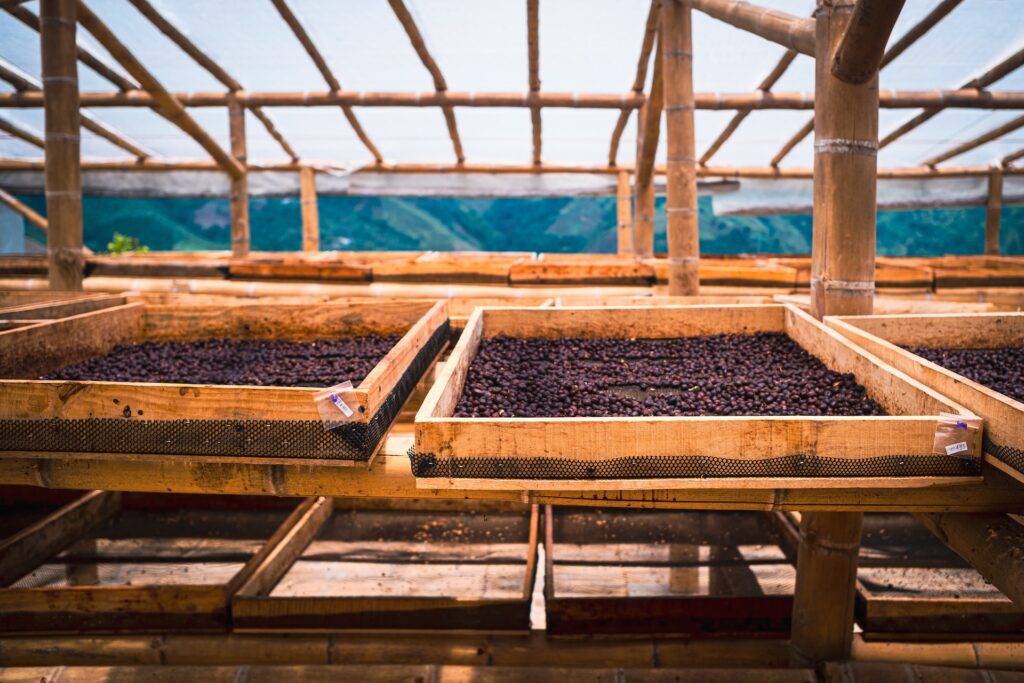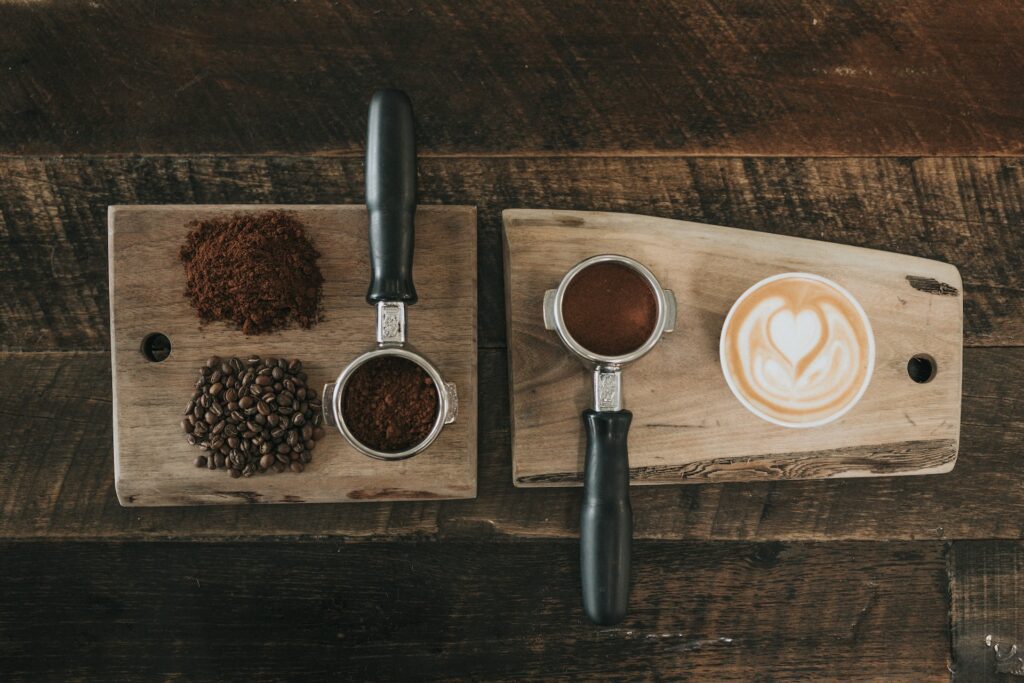Which Type of Specialty Coffee is Best?
With so many types of specialty coffee on the market now, it can be difficult to determine what is worth getting. Roast dates, processes, regional origin, and even the genes of the mother plant can all change the notes of the coffee you choose — So what’s most important?

Determine the Brewing Method
When buying specialty coffee, the first thing to be determined is the brewing method. Some specialty coffees are developed with particular brewing types in mind — “Espresso blends,” for example, tend to taste very good in concentrated espresso drinks, but don’t hold up as well to gentler brewing methods like pour-over. Any coffee can be brewed in any method, but some blends and origins really shine when brewed in a particular way. Also, consider the grind size of your coffee at this point — Different brewing methods require different grind levels, and pre-ground coffee can come in a range of coarseness that may or may not work with your brewer.
Roast Date and Level
The first thing that makes one type of specialty coffee different from another on the market shelf is the roast date and roasting level. Coffee ranges from Dark (AKA City+), Medium, and Light (AKA City) roasts, all defining how long the coffee was roasted. Darker coffees tend to taste more chocolatey and sweet, while lighter roasts tend to have more fruity and bright notes to them. Roast date is also very important when buying coffee from a supermarket, as whole-bean coffee goes stale and loses quality within a month of roasting, while pre-ground coffee can lose quality within a day. For the highest quality possible, choose the most recently-roasted whole bean coffee available.
Origin and Process
The regional origin and processing type are what truly define the notes present in your specialty coffee. Coffees typically come in either a “blend” or “single-origin,” each type determining which notes may be present in your coffee. Blends are a collection of coffees from different regions, while single-origins only have coffees from one region, sometimes even only one lot. Blended coffees tend to have more complexity, while single-origins tend to have a more concentrated flavor. Ethiopian coffee is one of the most popular coffee origins in the world, but many different regions of the world have fantastic and cutting-edge coffee production, each with a unique profile to try. Processing is also very important to which coffee you choose to buy, as it can define how fruity or developed a coffee’s flavor is. Different types of processing impart different notes to your specialty coffee, as well as different environmental impacts. Washed Process coffee is the “cleanest” and most straightforward tasting coffee process, but is the least environmentally sustainable. Natural and Honey Process, conversely, can be very fruity and heavily developed, while also being less impactful on the ecology of the region, and more sustainable overall.

A Coffee for any Palate
With so many varieties of coffee in the world, it is a guarantee that there will be a coffee that suits your palate. Experiment with unique origins and processing styles, and you may find a coffee that changes your perspective on this humble drink forever!
